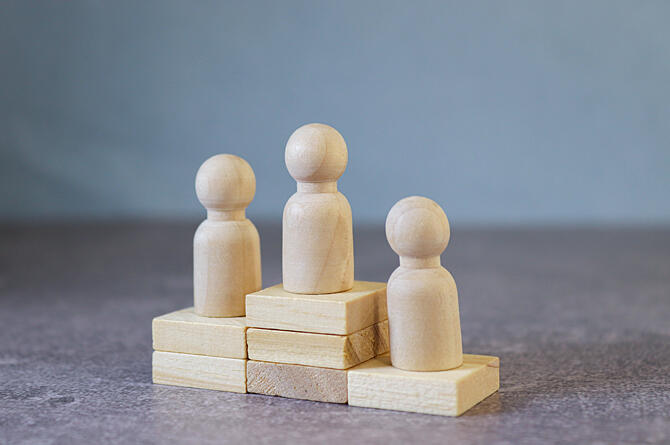A research group led by Associate Professor Xianwei Meng of the Graduate School of Informatics at Nagoya University and Professor Katsumi Watanabe of Waseda University, in collaboration with Japan Women's University, Yasuda Women's University, Kyoto University, and Osaka University, has revealed that a tendency to associate extraordinary capabilities with social superiority exists in early childhood. The group experimentally verified the tendency of 5−6-year-old children to associate extraordinary capabilities with social superiority. These findings are expected to be useful to build a better educational environment and were published in the July 29th issue of the international journal, Cognition.

Throughout history and across cultures, people believed to possess extraordinary capabilities have held a higher social status. However, the psychological underpinnings of the people who facilitate this phenomenon have remained unclear. In this study, the research group conducted three experiments to investigate whether 5−6-year-old children who were just beginning to grasp the limits of human capabilities tended to associate extraordinary capabilities with a higher social status.
First, the group presented scenes to participants (aged 5−6 years) in which an 'ordinary individual' and an 'extraordinary individual' achieved the same goal using different means. Specifically, while the ordinary individual walked to the specified destination, the extraordinary individual flew to the same destination, and so on. Most participants were amazed by the extraordinary individual and assumed that this individual held a social advantage.
Next, the research group presented scenes to the participants featuring an ordinary individual and an 'unusual individual.' The unusual individual used unconventional, unextraordinary means, like crawling, to reach the same destination. Most participants expressed surprise toward the unusual individual but perceived the person as disadvantaged rather than superior.
Furthermore, most participants perceived the extraordinary individual as 'stronger.' However, they did not universally rate the extraordinary individual positively, and the ordinary individual was rated more favorably when asked if they thought the extraordinary individual was 'good.'
Results of the study revealed that people already have an evaluation bias that 'extraordinary = superiority' (i.e., the tendency to regard extraordinary beings as having social superiority) from the age of 5−6 years. This finding may help unravel the mental basis for the construction of a hierarchical society.
Meng stated, "The idea of 'extraordinary equals superiority' itself is intriguing, and the excitement it brings for the uncharted psychological processes is equally fascinating. The longing for the power to make the impossible possible may underlie various assessments, including superiority. Perhaps, it's these very emotions that drive us as humans to persevere and even envision scenarios where we've built astonishing civilizations. While considering various theories, I hope to continue the scientific exploration of the relationship between the mind and society."
Journal Information
Publication: Cognition
Title: Children attribute higher social status to people who have extraordinary capabilities
DOI: 10.1016/j.cognition.2023.105576
This article has been translated by JST with permission from The Science News Ltd. (https://sci-news.co.jp/). Unauthorized reproduction of the article and photographs is prohibited.




